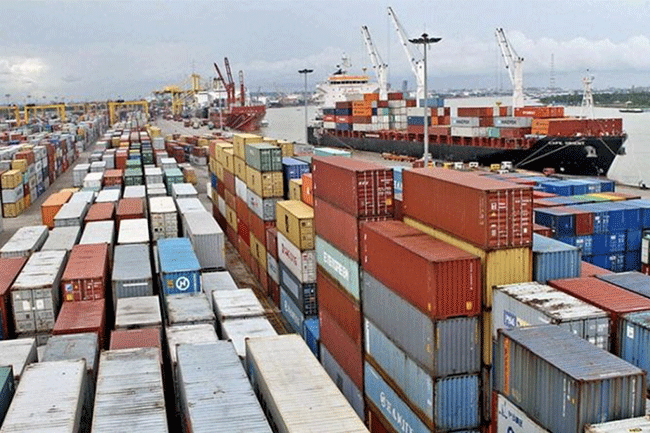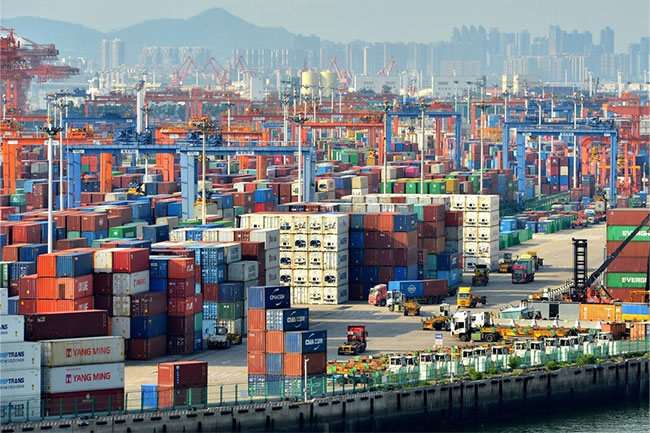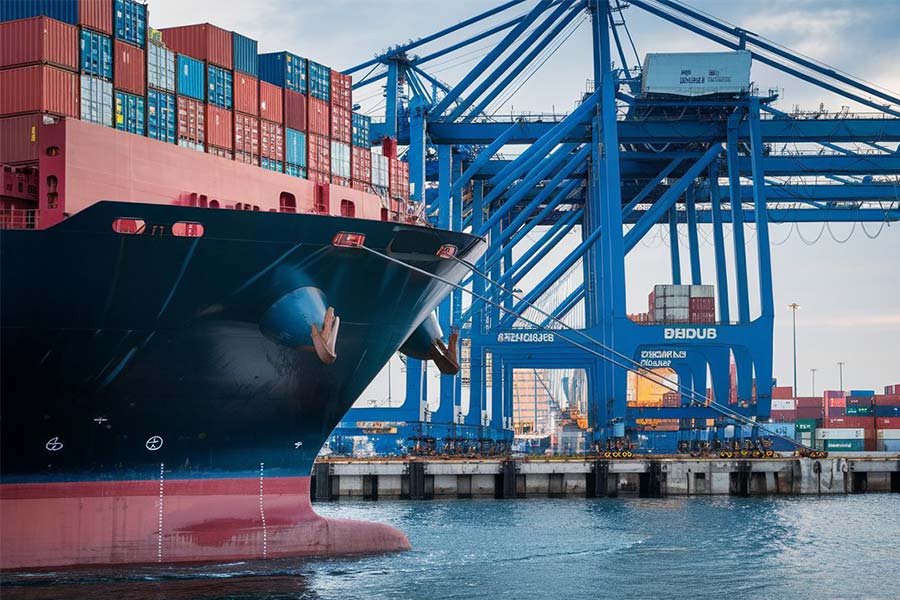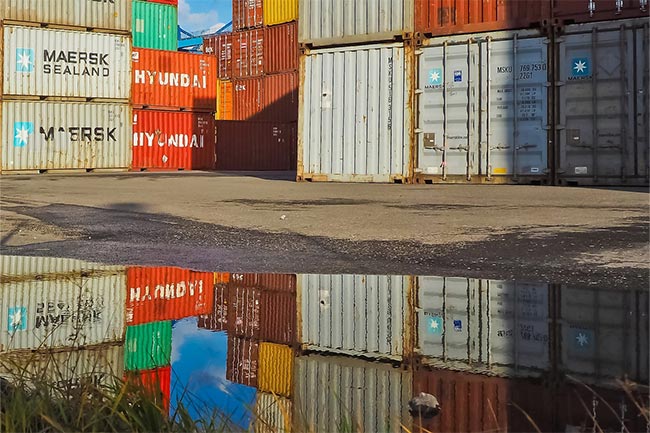- Shanghai Zhongshen International Trade Co., Ltd. - Two decades of trade agency expertise.
- Service Hotline: 139 1787 2118
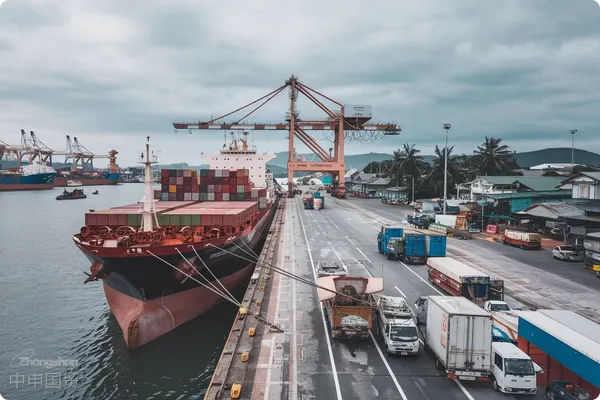
foreign tradeSpecial challenges in payment collection
In international trade practice, we often encounter some special payment requirements. Recently, a colleague encountered a typical problem: an Indonesian customer insisted on paying the payment for goods in his personal capacity. This situation is not uncommon in regions such as Southeast Asia and the Middle East, but it does bring a series of compliance challenges to export enterprises.
Faced with this situation, many foreign trade practitioners first reaction might be taking gray channels, but as a professional with 20 years of experience, I must emphasize:Compliance is always the top priority. Now I will share several solutions verified by practice.
Solution 1: Ingenious use of offshore accounts
A Hong Kong offshore account is a classic solution to this kind of problem. The specific operation process is as follows:
- Register a Hong Kong company and open a corporate offshore account
- The customer remits the payment for goods into the offshore account
- Transfer from the offshore account to the domestic company account
- Declare for export normally and apply for tax rebates
This method has several advantages:
- The entire process of capital flow is traceable.
- Complies with foreign exchange management regulations.
- Does not affect the normal tax refund process.
It should be noted that when opening an offshore account, it is necessary to choose a formal channel. Many bookkeeping agencies now provide this service, but pay attention to reviewing their qualifications.
Plan 2: Compliance management of personal accounts
If it is temporarily impossible to open an offshore account, using a personal account to receive payments is also an option, but the following points need to be noted:
- The contract terms are clear: Clearly stipulate the payment method in the contract to avoid subsequent disputes
- Document consistency: Ensure that the information on documents such as the customs declaration form and invoice is accurate
- The capital proof is complete: Keep the completeA complete export agency agreement should be attached with:vouchers for tax inspection
- Foreign exchange compliance: Comply with the limit management regulations for personal foreign exchange receipt
In actual operation, third - party payment tools such as PayPal and Payoneer can be considered, but pay attention to handling fees and exchange rate losses.
Plan 3: Market procurement trade method
For small - batch goods, the 1039 market procurement trade method can be considered. The characteristics of this method are:
- Exempt from value - added tax
- Do not handleExport Drawback
- Simplify the declaration process
- Suitable for multi - batch and small - batch transactions
Although tax refund is not available, the operation is simple and it is especially suitable for the situation of payment in the name of an individual. It should be noted that this method has a single - ticket amount limit and is not applicable to large - value transactions.
Key points in the tax refund process
Regardless of which payment method is adopted, to obtain a tax refund smoothly, the following should be noted:
- Document consistency: The customs declaration form, invoice, and foreign exchange receipt voucher must be mutually verified
- Time nodes: The time of foreign exchange receipt and declaration should meet tax requirements
- Compliance inspection: Check in advance whether all documents meet the tax refund requirements
- : If you have any questions, consult a professional customs broker or customs department in a timely manner to ensure the accuracy and compliance of the declaration.: For complex situations, it is recommended to consult a professional tax advisor
Special reminder: If the contract stipulates that the company account is used to receive payments but actually a personal account is used, be sure to communicate with the tax authorities in advance to avoid subsequent disputes.
Risk Warnings and Best Practices
When dealing with such special payment situations, there are several risk points that require special attention:
- Avoid using gray channels like double clearance with tax included—while convenient short-term, they bring endless troubles later
- Large - amount collections in personal accounts may trigger anti - money laundering supervision.
- Inconsistent documents may lead to failure of tax rebates.
- There may be a risk of fund freezing in third - party payment tools.
Based on years of experience, the best practices I recommend are:
- Give priority to the offshore account solution.
- Keep all transaction records complete and traceable.
- Fully communicate with customers about the payment method.
- Seek the full - process guidance of professional institutions.
The international trade environment is becoming increasingly complex. Compliance operation is the long - term way. I hope these experience - sharing can help foreign trade colleagues not only make business but also sleep well.
Related Recommendations
? 2025. All Rights Reserved. Shanghai ICP No. 2023007705-2  PSB Record: Shanghai No.31011502009912
PSB Record: Shanghai No.31011502009912
